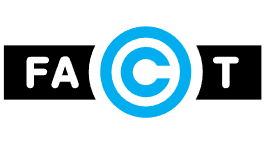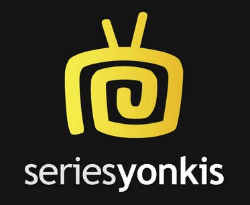Confirmed: Supremacy Kodi Repo Was Indeed Targeted By Police
mercredi 26 juin 2019 à 12:01
On June 13, 2019, the Covert Development and Disruption Team of the UK’s North West Regional Organised Crime Unit arrested an individual said to be responsible for an allegedly-infringing Kodi add-on.
The unit revealed that the 40-year-old man was detained in Winsford, Cheshire, following an investigation in cooperation with the Federation Against Copyright Theft. The add-on was unnamed but was reportedly configured to supply illegal online streams.
When TorrentFreak tried to fill in the gaps, considerable circumstantial evidence pointed to the likelihood that the arrested man was connected to the Supremacy add-on repository. Today we are in a position to confirm that belief following discussion with FACT director general Kieron Sharp.
Since there are limitations on what can be discussed when a case is ongoing, we asked Sharp why the matter had been referred to the authorities. There have been numerous instances of add-on developers in the UK being served with private cease-and-desist notices so why was this case different and why did it warrant an organized crime unit getting involved?
“This was a decision taken by FACT who advised rights holders such as PL [Premier League], Sky, BT Sport and VM [Virgin Media] that police action was the most proportionate response to the level of damage and harm that was being caused by these entities,” Sharp explains.
“Other industry groups have used different tactics which are reasonable in certain circumstances, but FACT have the partnerships in LEA’s [law enforcement agencies] to enable this type of action to be considered.”
Sharp says that when FACT presented its evidence to the police, they considered the case serious enough to take action, which resulted in the individual operating as ‘Supremacy’ being arrested.
FACT’s director general rejects the notion that handing a case over to the police is the easy option, insisting that a referral to the authorities requires that an investigation takes place to particular standards.
“To get any LEA to act in these matters requires a high level of evidence. Given the pressure on LEA resources and many other priorities, FACT are very careful in which cases they will approach LEA’s with and have many other strategies for disrupting illegal activity which are used constantly,” Sharp says.
In the wake of the arrest, several other Kodi add-on repositories shut down, presumably due to fears of similar action. This hasn’t gone unnoticed by FACT, with Sharp noting that several strategies to disrupt piracy are deployed with the results taken on board.
“[I]t would appear, from their own comments, that the action has panicked the others. This is not uncommon but more often seen after a criminal conviction. It shows that action needs to be taken and that it can have an impact on the piracy problem. There is no one solution so a range of tactics have to be tried and implemented and the outcomes monitored,” Sharp concludes.
There can be little doubt that the involvement of the police in the shutdown of a Kodi repository and associated add-ons is somewhat of a game-changer in the UK. Where once a sternly-worded letter may have been a warning sign, there is now a worrying precedent for those engaged in similar activity.
What the final charges will be in this case, if any, remain unclear. However, FACT has a history of pursuing convictions under the Fraud Act, which can carry harsher sentences than those actioned under copyright law.
Source: TF, for the latest info on copyright, file-sharing, torrent sites and more. We also have VPN reviews, discounts, offers and coupons.
 With millions of dedicated fans around the world, Mixed Martial Arts (MMA) events are extremely popular.
With millions of dedicated fans around the world, Mixed Martial Arts (MMA) events are extremely popular.
 Founded in 2007, SeriesYonkis was a Spanish site where users could find links to pirated copies of the latest movies and TV-shows.
Founded in 2007, SeriesYonkis was a Spanish site where users could find links to pirated copies of the latest movies and TV-shows.